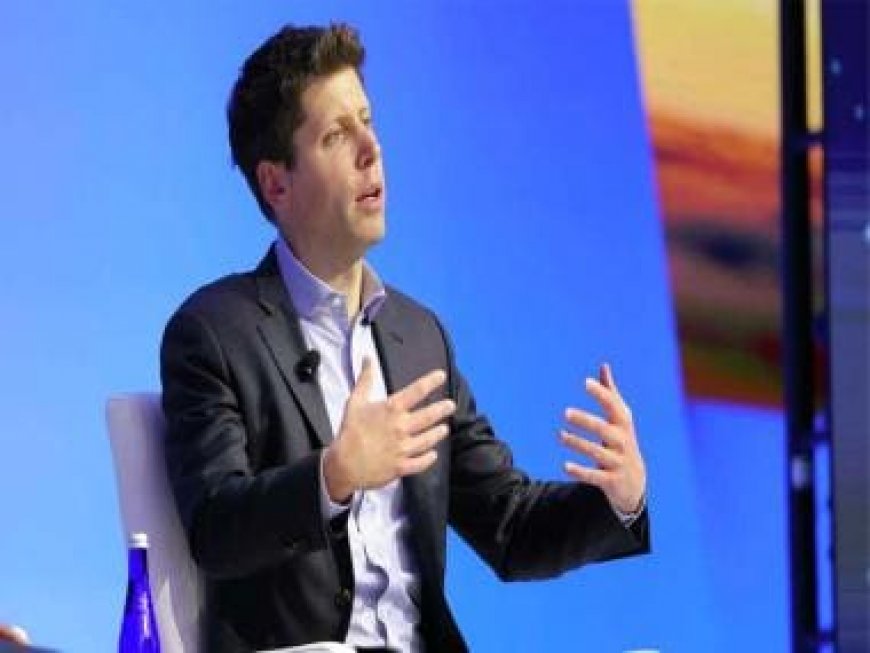Sam Altman was raising billions from West Asia for OpenAI's chip project. What happens to it now?
Sam Altman was raising billions from West Asia for OpenAI's chip project. What happens to it now?

In the lead-up to his unexpected departure from OpenAI, Sam Altman was actively engaged in securing billions in funding from major global investors for a new chip venture, sources familiar with the matter revealed.
Altman was more than the CEO of OpenAI. He was in fact, the face of generative AI as a whole, and was instrumental in raising funds for OpenAI. With the ouster of Altman, OpenAI has lost one of its biggest cash cows.
Altman had undertaken multiple trips to West Asia to raise funds for the project, codenamed Tigris. The visionary plan involved establishing an AI-focused chip company capable of manufacturing semiconductors to compete with NVIDIA, the current market leader in artificial intelligence tasks. The chip venture is still in its nascent stages, with ongoing private discussions between Altman and potential investors who preferred not to be identified.
Simultaneously, Altman sought financial support for an AI-focused hardware device developed in collaboration with former Apple design chief Jony Ive. Discussions regarding these ventures reportedly took place with notable entities such as SoftBank Group, Saudi Arabia’s Public Investment Fund, and Mubadala Investment Company, aiming to secure tens of billions of dollars for the new companies.
Details surrounding the scale and focus of Altman’s chip aspirations, as well as the project’s codename, have not been previously disclosed.
Altman’s fundraising activities coincided with a crucial period for OpenAI, which was in the process of finalizing a tender offer, led by Thrive Capital, allowing employees to sell their shares at an $86 billion valuation. Altman encouraged investors to consider his new ventures during this interim period, according to sources.
OpenAI announced Altman’s ouster, citing an internal review that found he “was not consistently candid in his communications with the board.” Differences in opinion regarding AI safety, technology development speed, and company commercialization exacerbated the strained relationship between Altman and the board.
Despite pressure from investors to reinstate Altman, OpenAI’s board faces several challenges. Now that Altman has refused to return to OpenAI, top talent from the firm are set to leave. This includes not just top-ranked researchers, but some of the brightest AI engineers in the field.
Altman’s proposal on behalf of OpenAI involved launching a startup focused on building Tensor Processing Units (TPUs), semiconductors designed for high-volume specialized AI workloads. The aim is to provide cost-effective competition to NVIDIA, potentially reducing OpenAI’s operational costs for services like ChatGPT and Dall-E, Now that he is out of OpenAI, he is free to set up his own TPU building venture and work with all other AI development studios, or, set up his own AI venture and compete against OpenAI and others.
Raising funds from overseas investors could trigger concerns from US regulators, although the nature of passive investments below 10 per cent ownership might mitigate scrutiny, according to Philip Ludvigson, a former US Treasury Department official, now a lawyer at King & Spalding.
Several prominent venture firms, including existing OpenAI investors, are reportedly ready to support any new venture Altman pursues. Microsoft, OpenAI’s largest investor, is also said to express interest in backing Altman’s chip venture.
What's Your Reaction?



























































